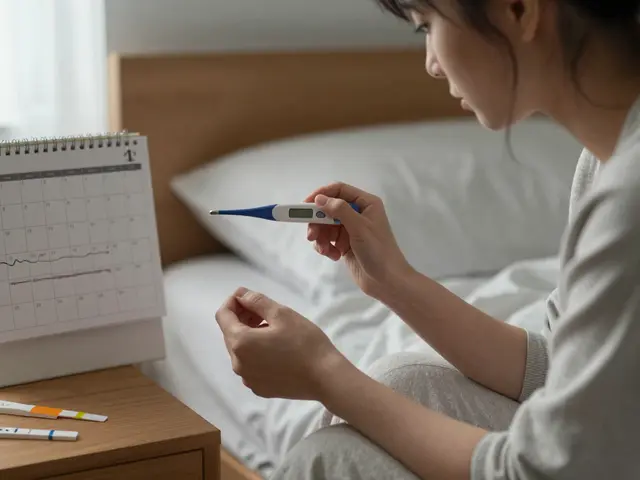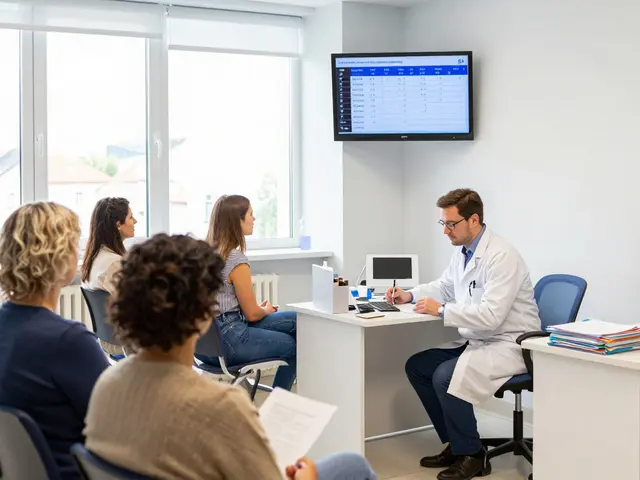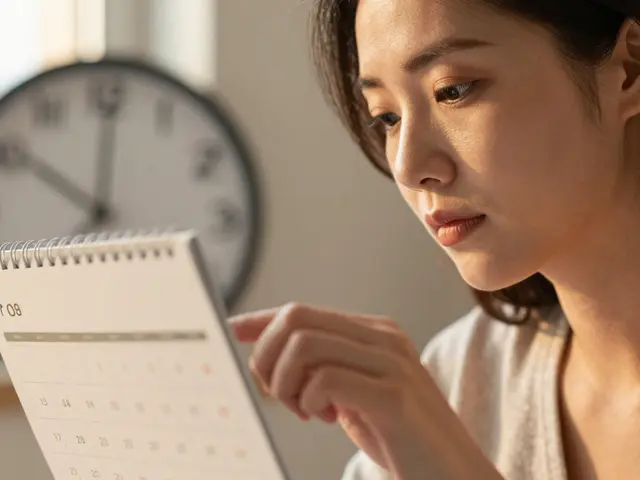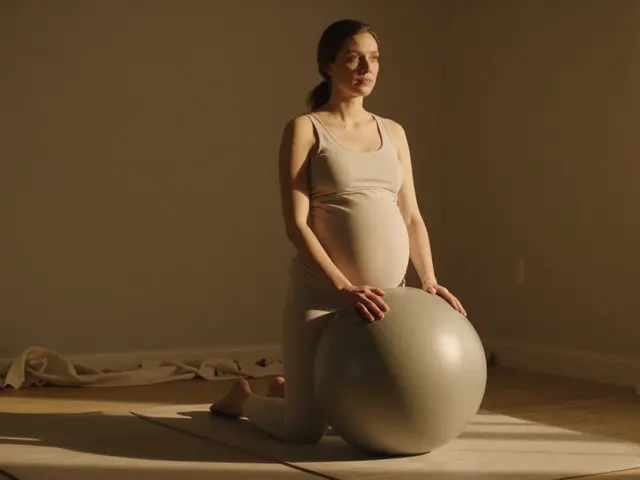Poporodní deprese – co potřebujete vědět
When talking about poporodní deprese, stav charakterizovaný dlouhodobým smutkem, únavou a ztrátou radosti po porodu. Also known as postpartum depression, it often intertwines with hormonální změny, náhlý pokles estrogenů a progesteronu po porodu and the need for psychologická podpora, emocionální a odborná pomoc pro novou maminku. Understanding these links helps you spot the problem early.
Co spouští poporodní depresi?
The biggest trigger is the abrupt hormonální změna, která ovlivňuje neurotransmitery a náladu. Together with sleep deprivation caused by newborn’s irregular schedule, the brain stays in a stress mode. Psychosociální faktory – například nedostatek podpory od partnera, finanční nejistota nebo komplikace během porodu – mohou depresi ještě zhoršit. Kombinace těchto prvků často vede k pocitu beznaděje a vyčerpání.
Symptoms usually appear within the first few weeks, but they can emerge up to a year after delivery. Common signals are persistent sadness, loss of interest in activities that once brought joy, irritability, anxiety, and feelings of guilt about being a "špatná" matka. Physical signs include changes in appetite, weight fluctuations, and trouble concentrating. If you notice several of these symptoms lasting more than two weeks, it’s time to seek help.
Diagnosing poporodní deprese starts with a simple screening tool such as the Edinburgh Postnatal Depression Scale (EPDS). Health professionals ask you to rate how often you’ve felt certain emotions in the past week. A score above the threshold signals that further evaluation is needed. Early detection is crucial because timely treatment dramatically improves outcomes for both mother and baby.
Effective terapie, psychologická a farmakologická intervence is the mainstay of treatment. Cognitive‑behavioral therapy (CBT) helps re‑frame negative thoughts, while interpersonal therapy (IPT) focuses on relationship dynamics. In moderate to severe cases, doctors may prescribe antidepressants that are considered safe for breastfeeding. Support groups also play a big role – sharing experiences with other mothers reduces isolation and provides practical coping strategies.
Support from the partner and family is a decisive factor. When a partner actively participates in childcare, offers emotional reassurance, and helps with household tasks, the mother’s stress levels drop. Open communication about feelings prevents misunderstandings and builds a stronger bond. Even small gestures, like a daily check‑in or a short walk together, can lift mood and reinforce recovery.
Practical self‑care tips can complement professional treatment. Prioritize short naps whenever possible, keep a balanced diet rich in omega‑3 fatty acids, and stay hydrated. Light physical activity – a gentle yoga session or a brisk walk – boosts endorphins and improves sleep quality. Setting realistic expectations and accepting help from friends or relatives also prevents burnout.
Below you’ll find a curated collection of articles that dive deeper into each aspect of poporodní deprese – from hormonal explanations and symptom checklists to therapy options and partner support strategies. Explore the posts to get detailed guidance, real‑life stories, and actionable advice that can help you or someone you know navigate this challenging period.
Co pomáhá po porodu? Praktický průvodce péčí a obnovou
Kompletní návod, co pomáhá po porodu - od výživy a fyzické terapie po psychologickou podporu a preventivní kontroly. Praktické tipy i odpovědi na časté otázky.






